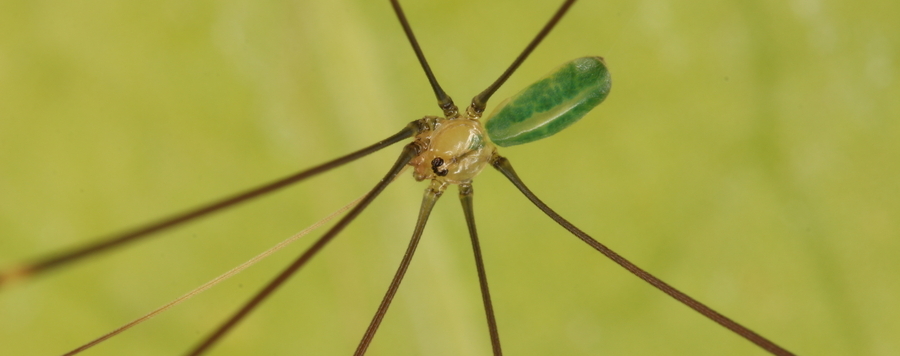
Small scale endemism in Brazil's Atlantic Forest
In an ongoing mega-transect project that aims at analyzing pholcid spider diversity and distribution in the Atlantic Forest of Brazil, many species appear restricted to small geographic ranges. Of the 84 species collected between 2003 and 2011 at 17 sites between Bahia and Santa Catarina, 51 species (61%) were found at only one locality. The present paper focuses on such species in the genus Mesabolivar, and compares diversity and distribution patterns of this genus within and outside the Atlantic Forest. The percentage of species known from single localities is higher in the Atlantic Forest (34 of 52 species; 65%) than outside the Atlantic Forest (10 of 25; 40%). Distribution rages of species in the Atlantic Forest are significantly smaller than of species outside the Atlantic Forest (mean maximum distances between localities: 184 versus 541 km; medians: 10 km versus 220 km). The following species are newly described (arranged from north to south), each currently known from the respective type locality only: M. caipora; M. kathrinae; M. bonita; M. pau (Bahia); M. monteverde; M. perezi (Espírito Santo); M. giupponii; M. goitaca; M. sai (Rio de Janeiro); M. tamoio; M. unicornis; M. gabettae; M. inornatus (São Paulo); M. itapoa (Santa Catarina).





